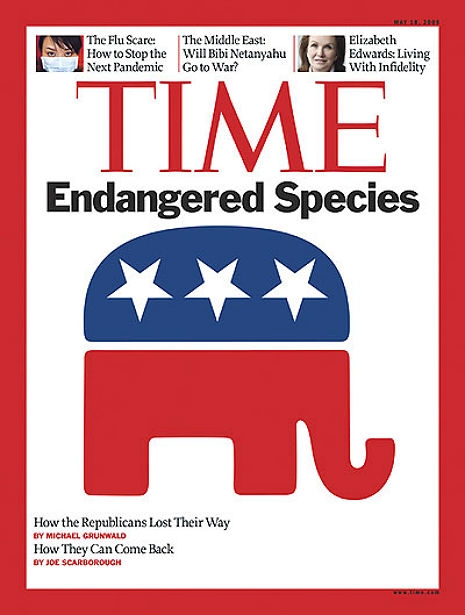
In an inspiring Op Ed piece in today’s New York Times, Columbia University’s Jeffrey D. Sachs takes but a few paragraphs to thoroughly demolish the dominant ur-myths of the past three decades of Republican politics, and to illustrate how the New Progressive Era is already upon us.
Both clueless Democrats and ignorant, rightwing assholes like Frank Miller should read this short essay very carefully:
Occupy Wall Street and its allied movements around the country are more than a walk in the park. They are most likely the start of a new era in America. Historians have noted that American politics moves in long swings. We are at the end of the 30-year Reagan era, a period that has culminated in soaring income for the top 1 percent and crushing unemployment or income stagnation for much of the rest. The overarching challenge of the coming years is to restore prosperity and power for the 99 percent.
Thirty years ago, a newly elected Ronald Reagan made a fateful judgment: “Government is not the solution to our problem. Government is the problem.” Taxes for the rich were slashed, as were outlays on public services and investments as a share of national income. Only the military and a few big transfer programs like Social Security, Medicare, Medicaid and veterans’ benefits were exempted from the squeeze.
Reagan’s was a fateful misdiagnosis. He completely overlooked the real issue — the rise of global competition in the information age — and fought a bogeyman, the government. Decades on, America pays the price of that misdiagnosis, with a nation singularly unprepared to face the global economic, energy and environmental challenges of our time.
Washington still channels Reaganomics. The federal budget for nonsecurity discretionary outlays — categories like highways and rail, education, job training, research and development, the judiciary, NASA, environmental protection, energy, the I.R.S. and more — was cut from more than 5 percent of gross domestic product at the end of the 1970s to around half of that today. With the budget caps enacted in the August agreement, domestic discretionary spending would decline to less than 2 percent of G.D.P. by the end of the decade, according to the White House. Government would die by fiscal asphyxiation.
Both parties have joined in crippling the government in response to the demands of their wealthy campaign contributors, who above all else insist on keeping low tax rates on capital gains, top incomes, estates and corporate profits. Corporate taxes as a share of national income are at the lowest levels in recent history. Rich households take home the greatest share of income since the Great Depression. Twice before in American history, powerful corporate interests dominated Washington and brought America to a state of unacceptable inequality, instability and corruption. Both times a social and political movement arose to restore democracy and shared prosperity.
Sachs goes on to state what already seems self-evident to many of us:
This is just the beginning.
The young people in Zuccotti Park and more than 1,000 cities have started America on a path to renewal. The movement, still in its first days, will have to expand in several strategic ways. Activists are needed among shareholders, consumers and students to hold corporations and politicians to account. Shareholders, for example, should pressure companies to get out of politics. Consumers should take their money and purchasing power away from companies that confuse business and political power. The whole range of other actions — shareholder and consumer activism, policy formulation, and running of candidates — will not happen in the park.
The New Progressive Movement (The New York Times)